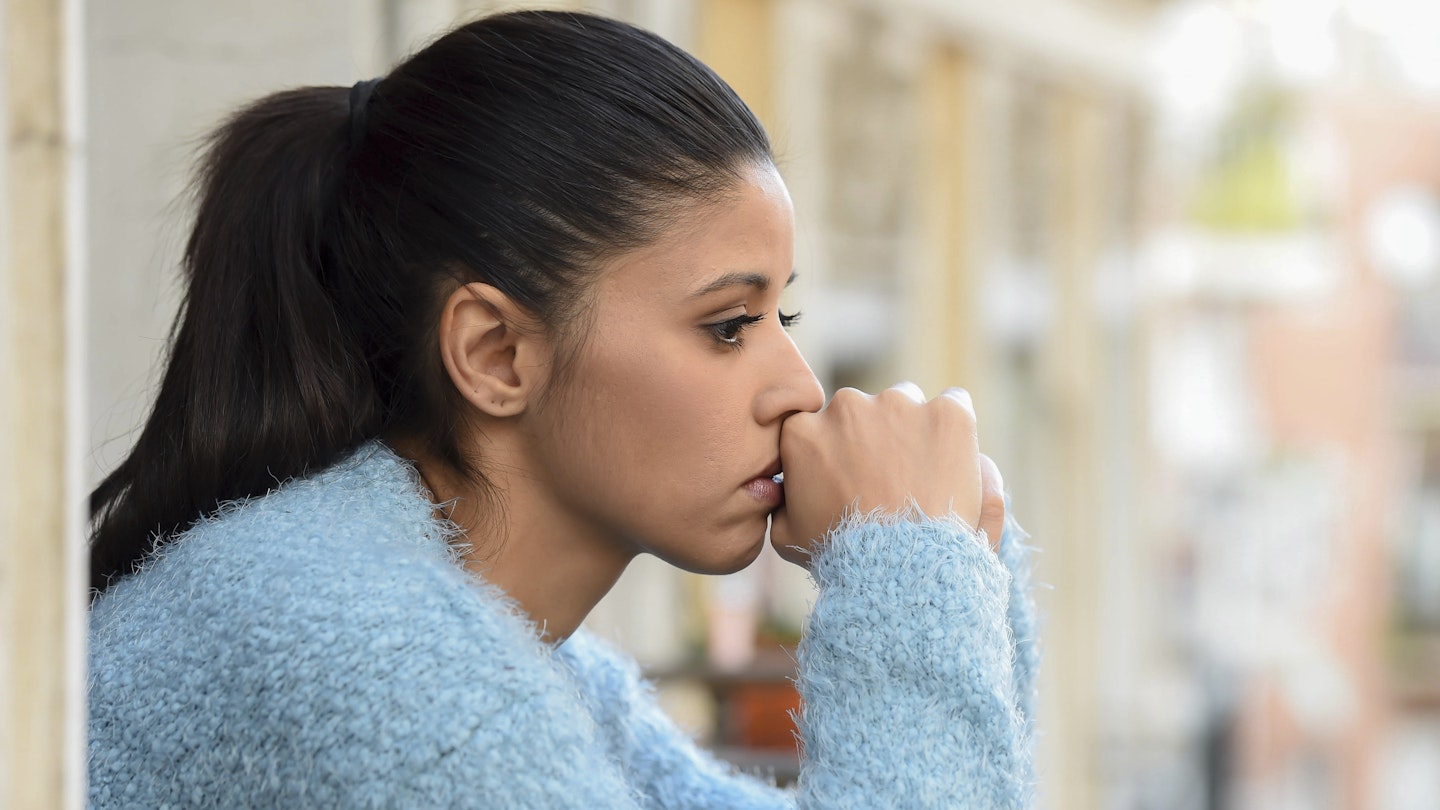A few months ago, I burst into tears in Specsavers. Heart pounding, panic rising in my throat, I strained to read the letters on the eye test and a wave of fear engulfed me. After a week of throbbing headaches and blurred vision, I was convinced I had a brain tumour.
Spoiler alert: I didn’t. As the baffled optician explained, while handing me a tissue: I had (slight) short-sightedness. And hayfever.
The list of things I’ve misdiagnosed myself with over the years includes: water intoxication, deep vein thrombosis, meningitis, multiple sclerosis, ‘whatever she died from in Moulin Rouge’ and, once, memorably, tapeworm (all I can say is: chew your spaghetti carefully).
You might call it hypochondria, but the proper term is health anxiety – and, for many sufferers, it can be completely debilitating.
Usually included within the Obsessive Compulsive Disorder (OCD) spectrum of mental health disorders, health anxiety is characterised by constant preoccupation with having or getting a serious illness, seeking frequent reassurance (but often doubting the experts who say you’re OK) and monitoring every twinge and bodily sensation for signs of imminent death. The great irony is that the anxiety causes physical symptoms, leaving you locked in a vicious circle of panic and fear. The one time you don’t check, you tell yourself, it’ll probably kill you.
Becky, 31, had a health scare in her early twenties, which has led to years of anxiety. ‘I think I’m easily triggered by news stories and tabloids,’ she says. ‘How do you know what’s a regular headache and what’s a tumour slowly eating away at your optic nerve?’ You don’t – and that’s the problem. While the Information Age means we are better informed about our health than ever before, consulting ‘Dr Google’ can be a dangerous habit. ‘As soon as you read the symptoms, you’ll think you notice them in your body,’ warns clinical psychologist (and legitimate doctor) Jessamy Hibberd.
And Google isn’t the only modern trigger. The Millennial cult of ‘wellness’ has the potential to make us more anxious, as well as skint, thanks to smoothie bowls and green juices. ‘It encourages vigilance of the body, which can become problematic,’ says Dr Hibberd. ‘The more you focus on your body, the more you notice.’
It’s a delicate balance, of course. In the medical world, the emphasis is quite rightly on awareness –‘If in doubt, get it checked out.’ But with a study by the National Institute for Health Research recently reporting the NHS could save more than £420m a year by tackling ‘health anxiety’, there might not be room on the safe side for us so-called ‘cyberchondriacs’, clutching our clammy print-outs from WebMD.
So what’s the cure? Cognitive behavioural therapy (CBT) has a high success rate, and researchers have also found that even just explaining the concept of health anxiety to people can reduce symptoms and help to ease the panic. It makes sense – I still remember the day I discovered the web page that listed the symptoms of health anxiety, not labelling us as hysterical melodramatics, but identifying it as a recognised mental health issue. I read every word, twice, and felt the most incredible rush of relief.
In fact, it might be the only time I’ve ever correctly diagnosed myself with anything.
It's Stress Awareness Month, check out our top tips for coping with stress...
How to cope with stress
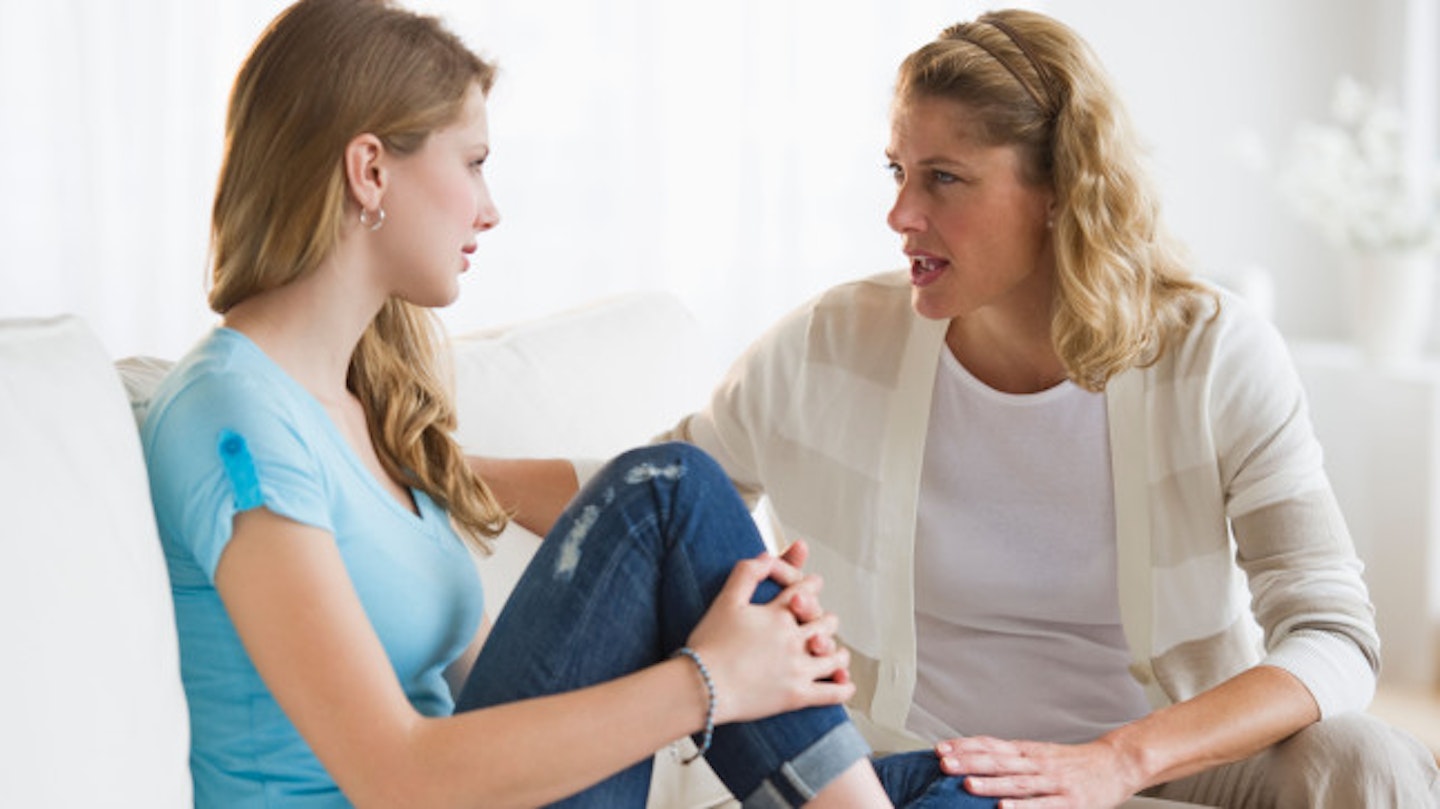 1 of 6
1 of 6BNWWKT
Share your problems with other people. A good support network of friends, family and colleagues can see you through tricky times.
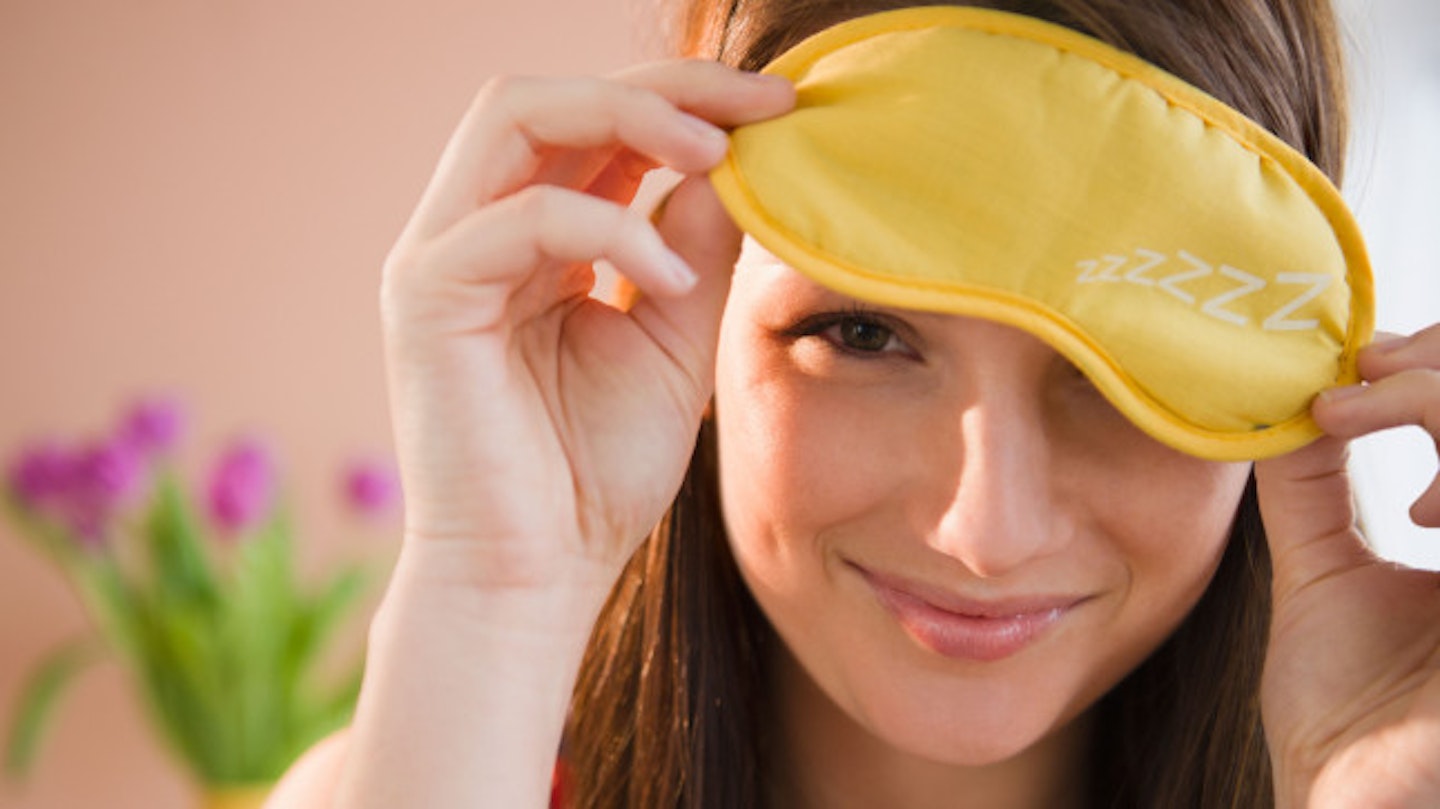 2 of 6
2 of 6C4WM4N
Go to bed earlier. A good night's rest is vital to help you cope with the demands of the next day – aim for seven to eight hours.
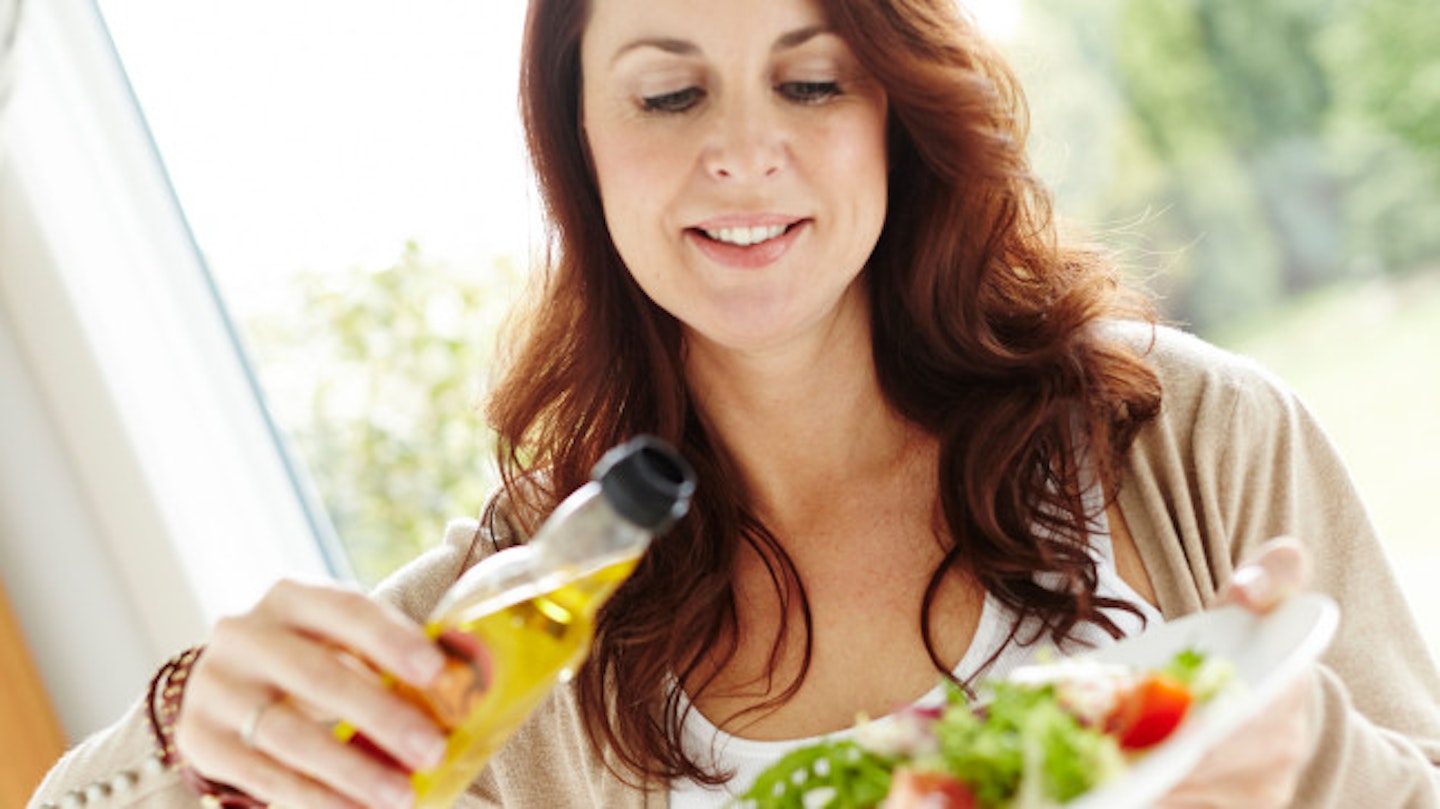 3 of 6
3 of 6D52W37
Watch what you eat. Don't turn to food and alcohol as a crutch to get you through stressful times. A healthy, balanced diet – with lots of fruit, veg, whole grains and protein – is vital to give you energy.
_646x363.jpg?auto=format&w=1440&q=80) 4 of 6
4 of 6C7GPJG(1)
Turn off your smartphone. Easy access to emails, texts and calls means there's nowhere to hide from friends and work. We all need digital downtime, so switch off and relax.
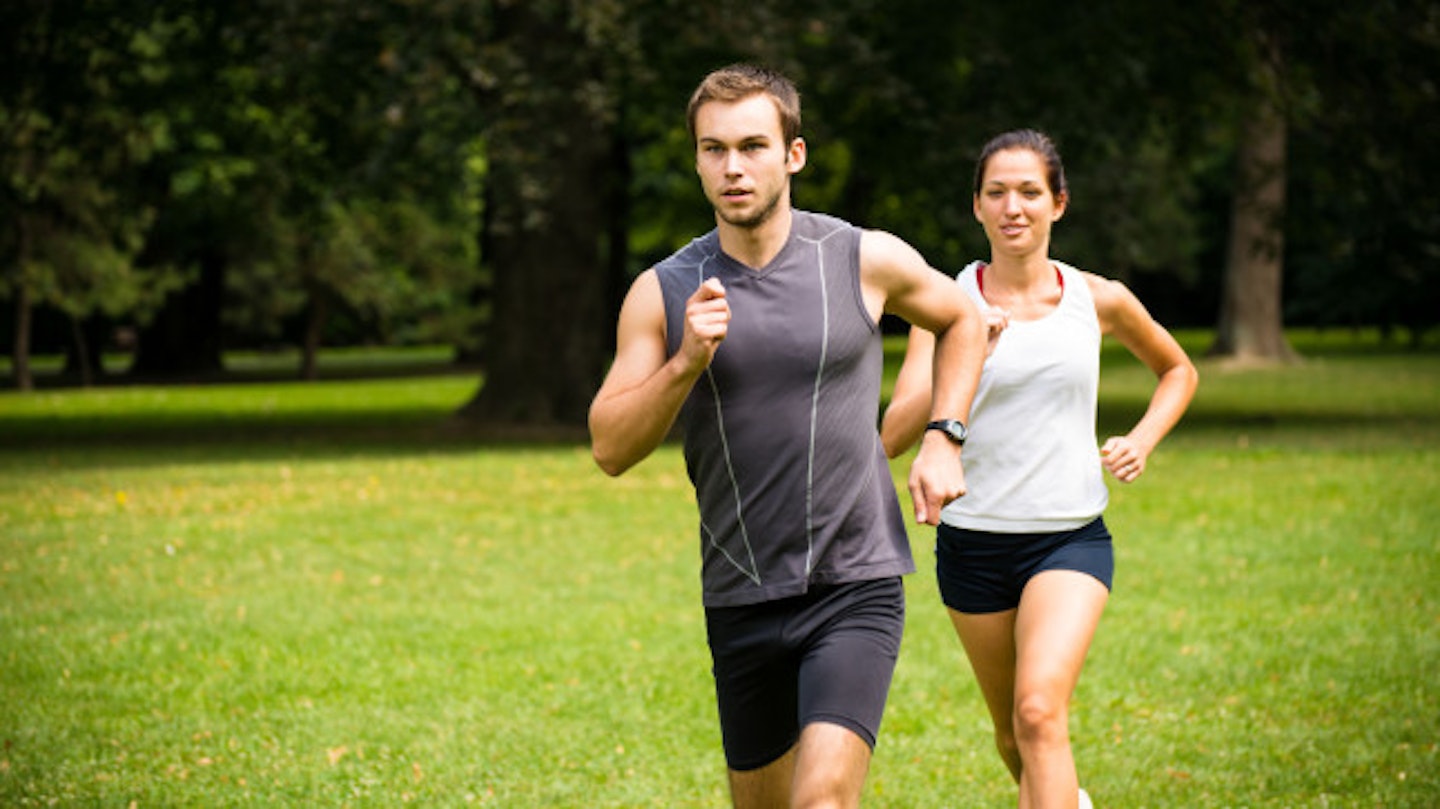 5 of 6
5 of 6D2RDA8
Take regular exercise outdoors. Research shows that getting active – particularly when combined with the benefits of being in the fresh air – can soothe tension.
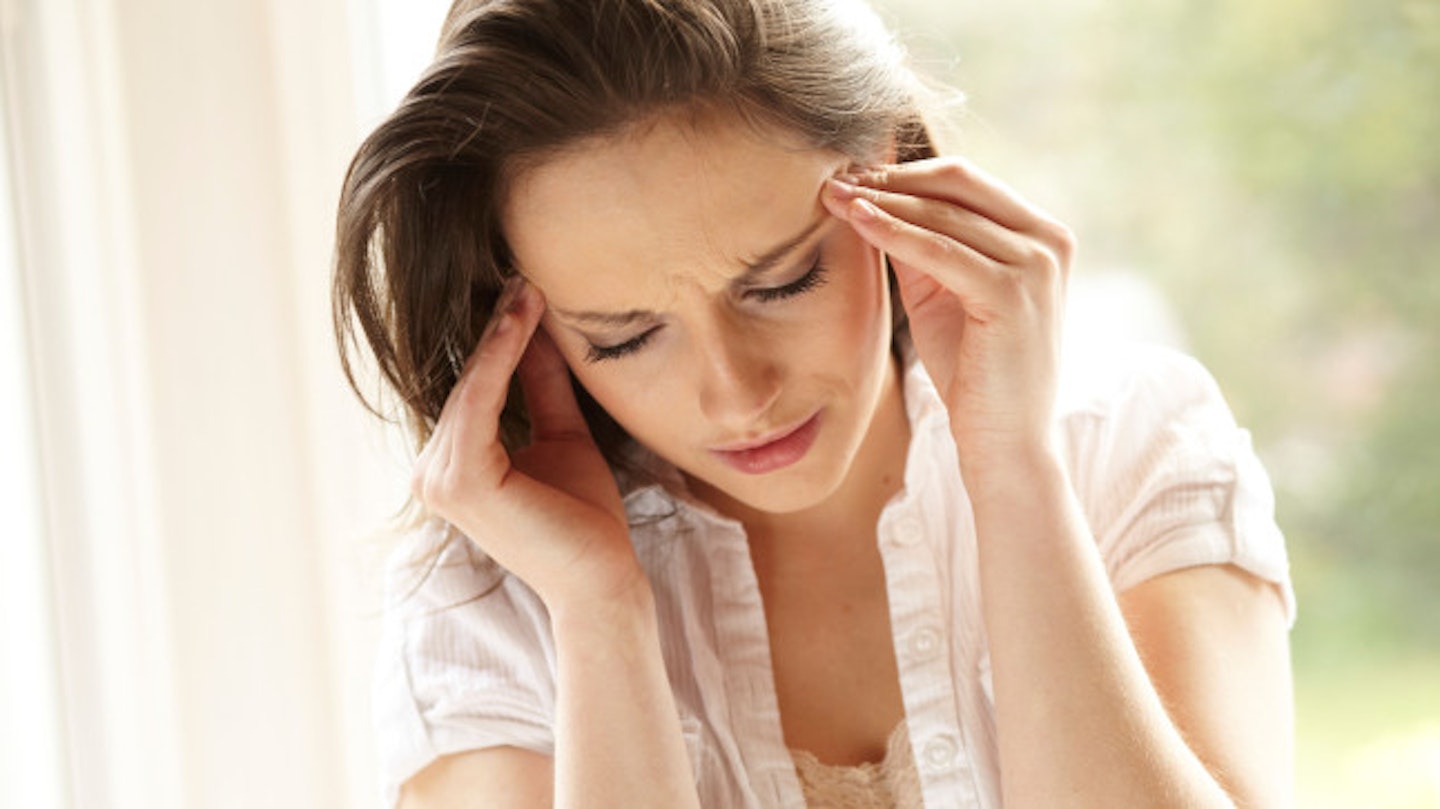 6 of 6
6 of 6BKHMCX
If you're not coping, don't feel you need to go through it alone. Your GP can offer help and support and can refer you for counselling and stress therapy.
